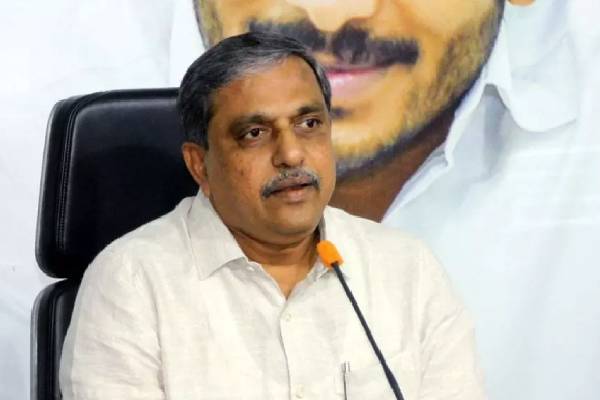The administration in Andhra Pradesh’s Krishna district successfully completed the two-day dry run of Covid-19 vaccination on Tuesday.
A day after conducting various activities as part of the process, the state health authorities submitted a report on the dry run to the Union Ministry of Health and Family Welfare, listing the issues involved for necessary action
The feedback on the dry run was provided by the District Task Force and the State Task Force via video conferencing conducted by the Joint Secretary (Public Health) with officials of Andhra Pradesh and three other states where the process was conducted on Monday.
The feedback is expected to provide insights on any gaps or bottle-necks during actual conduct of vaccination.
The officials expressed satisfaction in terms of the operational approach and use of IT platform to ensure transparency and effective monitoring of vaccination processes. They made suggestions on improvements for Co-WIN, the IT platform for vaccination.
The dry run exercise was aimed at end-to-end testing of Covid-19 vaccination process and included planning and preparations as per the operational guidelines; creation of facilities and users on Co-WIN application, session site creation and mapping of sites, Health Care Workers (HCW) data upload, receipt of vaccines and vaccine allocation by the district, session planning, deployment of vaccination team, logistics mobilization at session site, mock drill of conducting vaccination and reporting and review meetings at block, districts and state level.
The objective of dry run was also to undertake and confirm field implementation of Co-WIN and guide way forward prior to actual implementation.
Earlier, District Collector A. Md. Imtiaz, who supervised the dry run, took feedback from field level officials and express his satisfaction over the successful conduct of the process.
The dry run was conducted under the supervision of the District Collector at five centres – GGH Vijayawada , Poorna heart hospital, Uppaluru Primary Health Centre (PHC), Penamalluru PHC and Prakash Nagar eUPHC.
Identified beneficiaries from among healthcare workers participated at each session site where the process was conducted as per the guidelines of Ministry of Health and Family Welfare with all the Covid appropriate behaviour measures.
For each of the five session sites, 25 test beneficiaries were identified for the dry run. The test beneficiaries were present at the session sites for session site simulation. Officials said that 95 per cent of total beneficiaries attended the process.
The beneficiaries were sent dummy SMSes informing them about the time and place of Covid vaccination under a mock drill to administer the shots at designated centres.
At all the sites, the recipients were subjected to temperature check. Sanitation was done and physical distancing was maintained.
The dummy beneficiaries visited session site in two-hour time slot. Vaccinating Officer-1 matched beneficiary names from list while VO-2 verified beneficiary using Co-WIN application.
Dummy vaccination was given by VO-2, who also reported vaccination in the Co-WIN app. VO-3 and 4 managed crowd, IPC (Inter process Communication) messaging, support vaccinator.
The beneficiaries were briefed on the potential side-effects of the vaccine and what they have to monitor on the health front for the next three months.
The dummy beneficiaries waited for 30 minutes following vaccination. Adverse Event Following Immunization (AEFI) treatment facility was also set up at each centre with 10 beds e by appointing a general medicine doctor as the in-charge.
“The process of creation of session site, allotting beneficiaries and allotting time slots as well as sending SMSes to beneficiaries worked well. Allocation of vaccine from store to session site also worked well,” said state Health Commissioner Katamaneni Bhaskar.
He also expressed satisfaction over the working of AEFI management
According to the District Collector, dummy vaccine was transported from the central storage facility to cold chain points at various places.
“We recorded this in the Co-WIN app and sent SMSes to the identified patients. We have monitored the time taken for different processes and the logistics involved. This will be used in real-time simulation,” he said.
The district administration is planning to use all primary health centres, hospitals, educational institutions and village secretariats as vaccination centres when the actual vaccination process is rolled out.


































